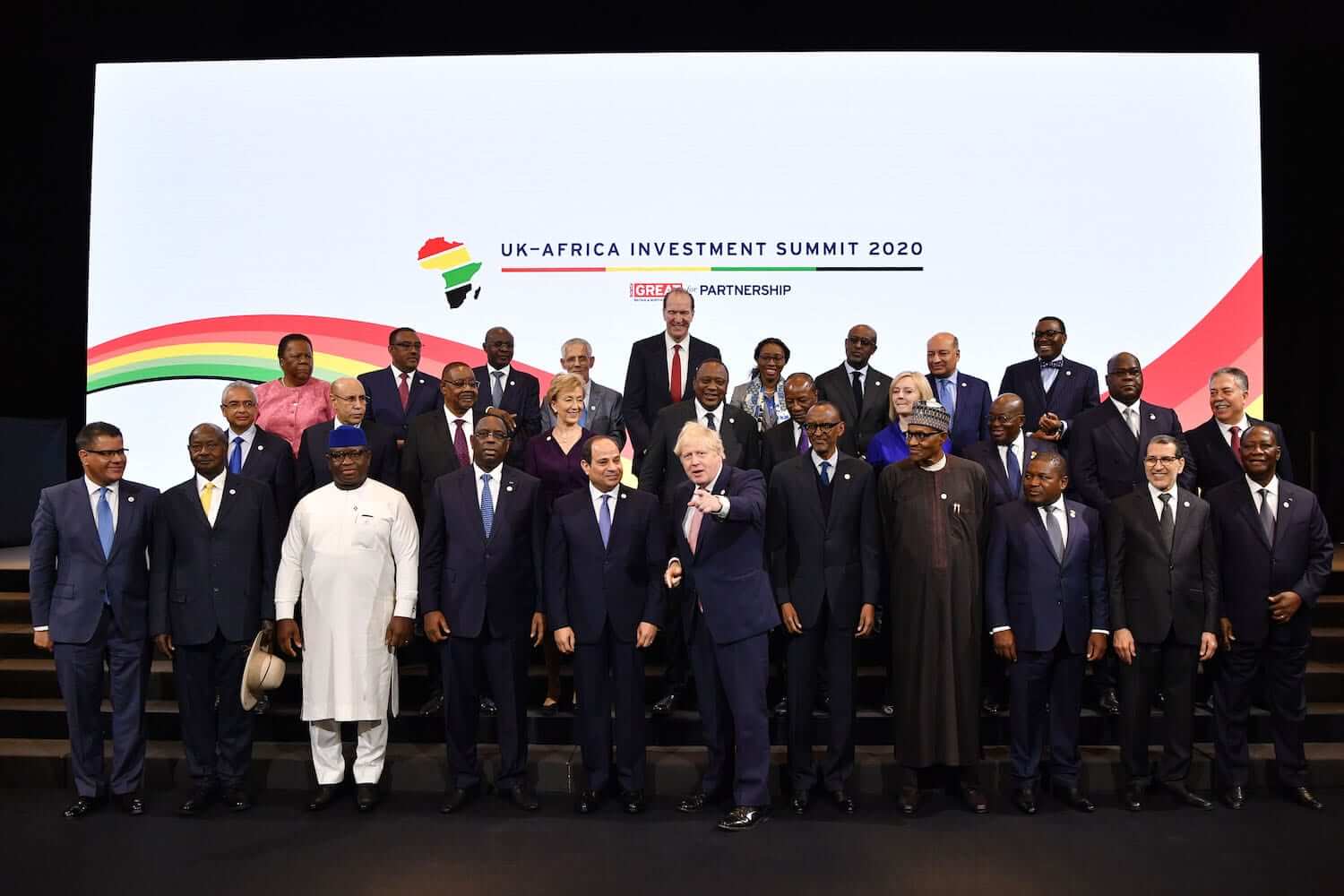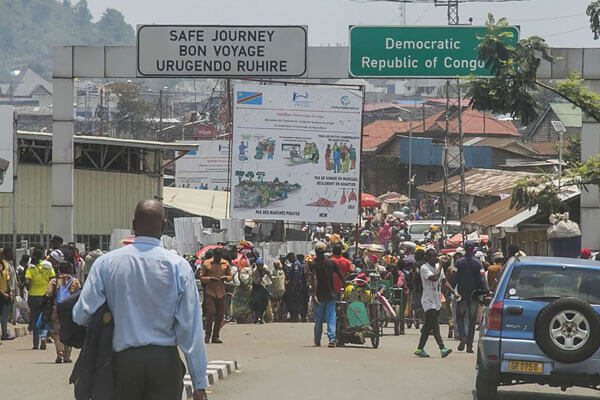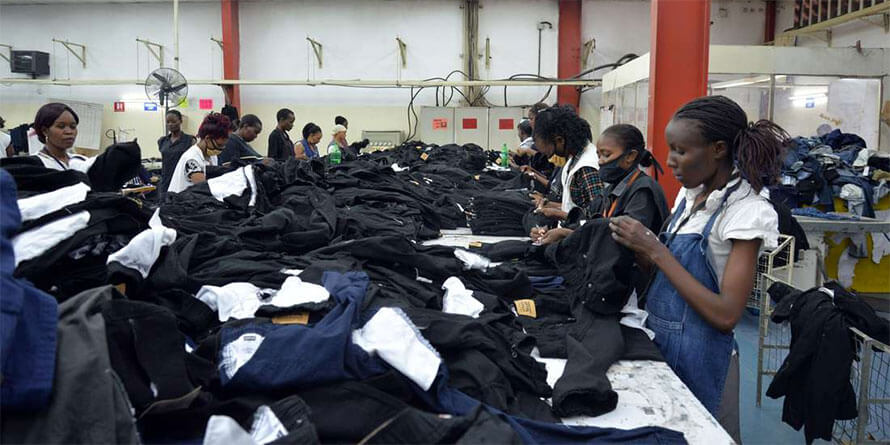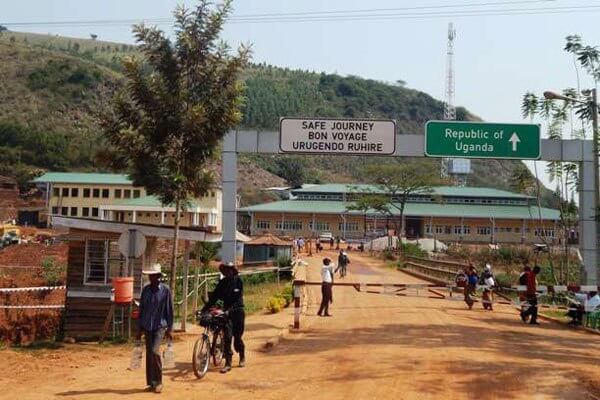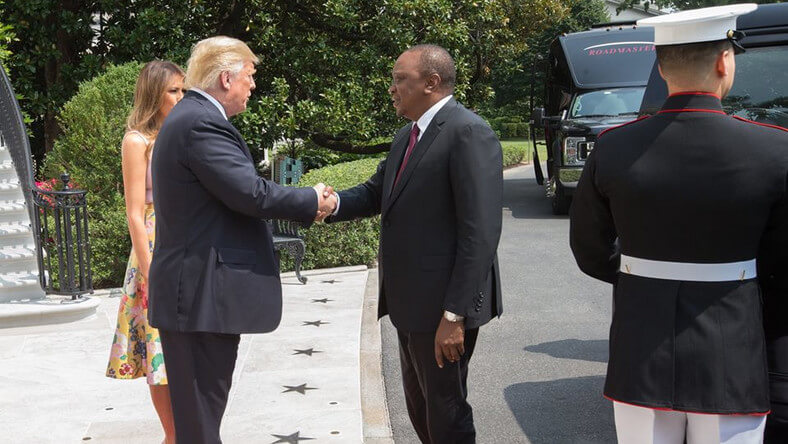LONDON, UNITED KINGDOM - JANUARY 20: (Top L-R) South Africa's Minister of International Relations and Cooperation Naledi Mandisa Pandor, Ethiopia's Prime Minister Abiy Ahmend, Angola's President Joao Lourenco, Algeria's President Abdelmadjid Tebboune, World Bank President David Malpass, UN executive secretary of Economic Commission for Africa Vera Songwe and IMF Africa Director Abebe Aemro Selassie, (Middle L-R) Mauritius Prime Minister Pravind Jugnauth, Mauritania's President Mohamed Ould Ghazouani, Malawi's President Peter Mutharika, Britain's Business Secretary Andrea Leadsom, Kenya's President Uhuru Kenyatta, Guinea's President Alpha Conde, Britain's International Trade Secretary Liz Truss, Ghana's President Nana Akufo-Addo, Democratic Republic of Congo's President Felix Tshisekedi and Tunisia's President Kais Saied, (Bottom L-R) Britain's International Development Secretary Alok Sharma, Uganda's President Yoweri Museveni, Sierra Leone's President Julius Maada Bio, Senegal's President Macky Sall, Egypt's President Abdel Fattah al-Sisi, Britain's Prime Minister Boris Johnson, Rwanda's President Paul Kagame, Nigeria's President Muhammadu Buhari, Mozambique's President Filipe Nyusi, Morocco's Prime Minister Saad-Eddine El Othmani and Ivory Coast's President Alassane Ouattara pose during the family photo at the start of the UK-Africa Investment Summit on January 20, 2020 in London, England. The British PM is hosting African leaders and senior government representatives along with British and African businesses during the UK-Africa Investment Summit, aimed at strengthening the UK’s economic partnership with African nations. By CNN For Citizen Digital British companies have made bigger profits investing in Africa than in any other region of the world, according to a new report from the Overseas Development Institute (ODI), which urges firms to...
Report: Africa Delivers Largest Profits on Investment
Posted on: February 11, 2020
Posted on: February 11, 2020

